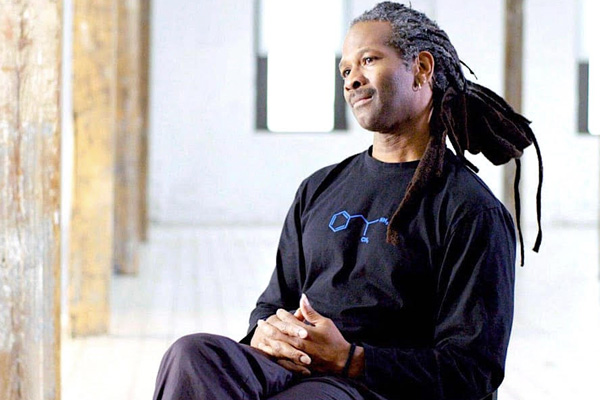DOCTOR FEELGOOD –
Feb. 6, 2021 – As Hart continues: “I do not have a drug-use problem. Never have. Each day, I meet my parental, personal and professional responsibilities. I pay my taxes, serve as a volunteer in my community on a regular basis and contribute to the global community as an informed and engaged citizen. I am better for my drug use.” It’s hard to recall a more unapologetic defence of hard drug consumption. What’s particularly powerful about Hart’s testament is that it’s not written by a beat poet or avant-garde artist, but a highly regarded research scientist whose area of expertise is neuropsychopharmacology – the study of the neurological and behavioural effects of drugs on people.
There are few areas of modern life that are shrouded in quite so much misinformation and hypocrisy as recreational drug use. There seems to be a never-ending criminal justice battle to thwart ever more sophisticated and ruthless drug dealers, while at the same time the appetite for recreational drugs increases across all sectors of society.
But beneath the social and moral debate is a vital scientific question: are recreational drugs harmful in themselves? If skunk, MDMA, cocaine and heroin are dangerous to the individual and ruinous to the community at large, then the case for banning them is strengthened. But what if they aren’t as harmful as the authorities maintain and what if the damage done to communities should be attributed to poverty and criminalisation of drugs, rather than the psychoactive effects?



